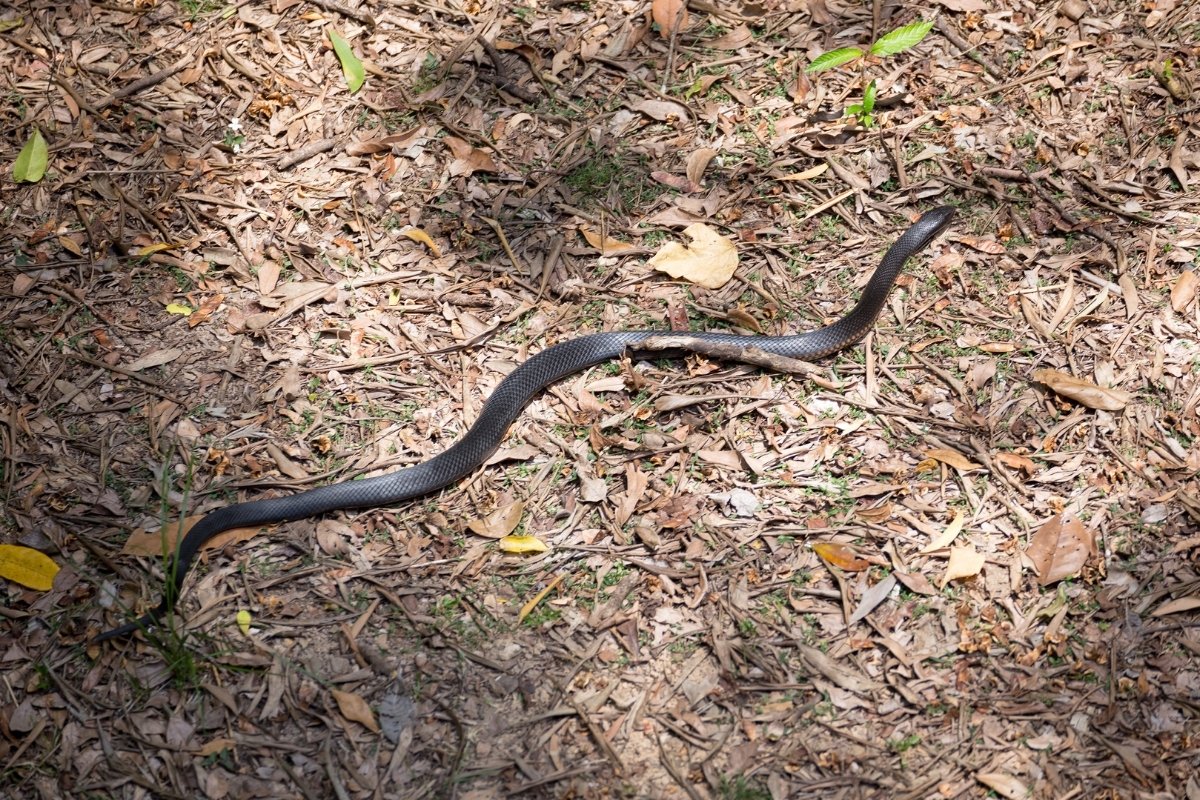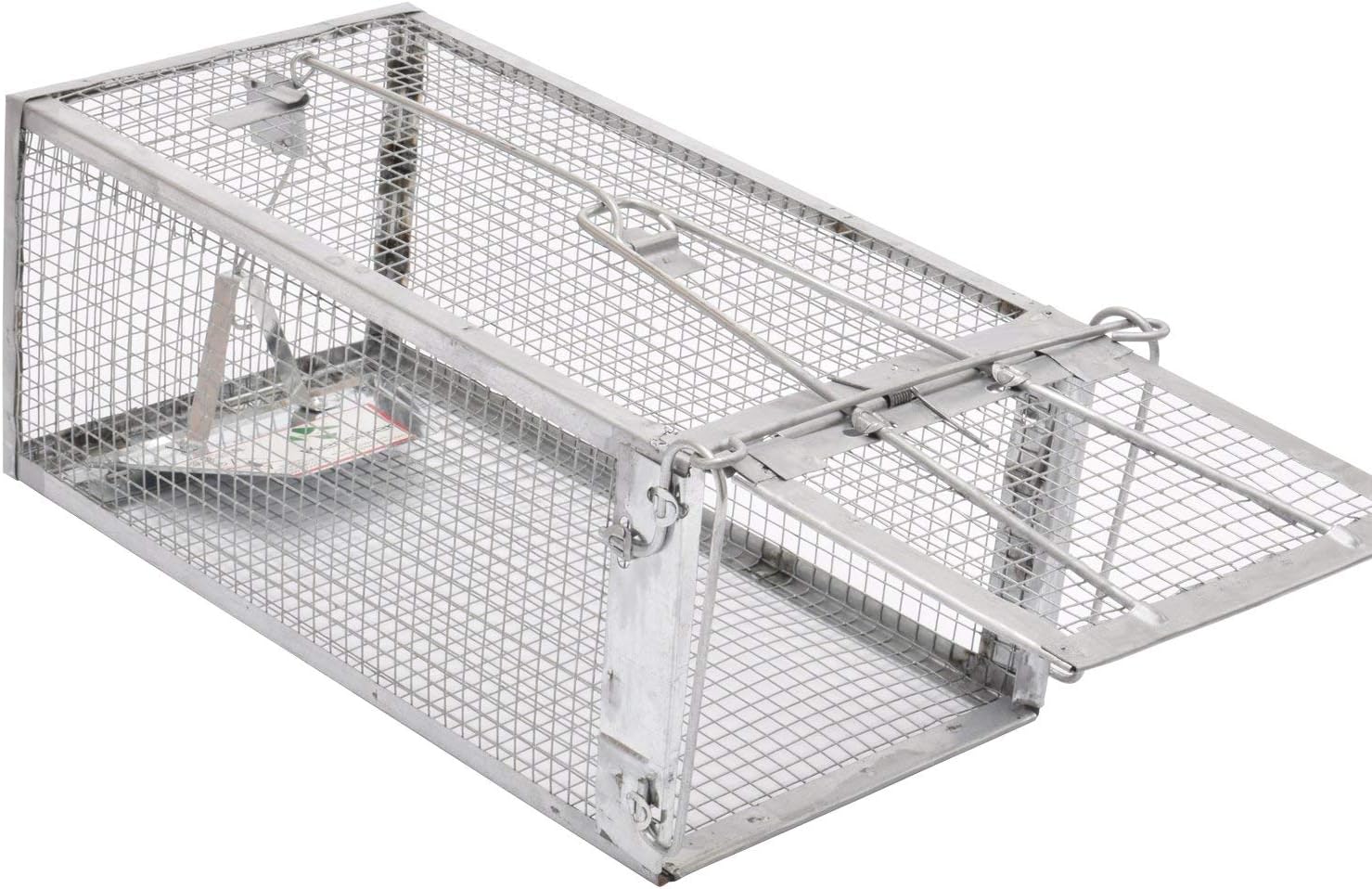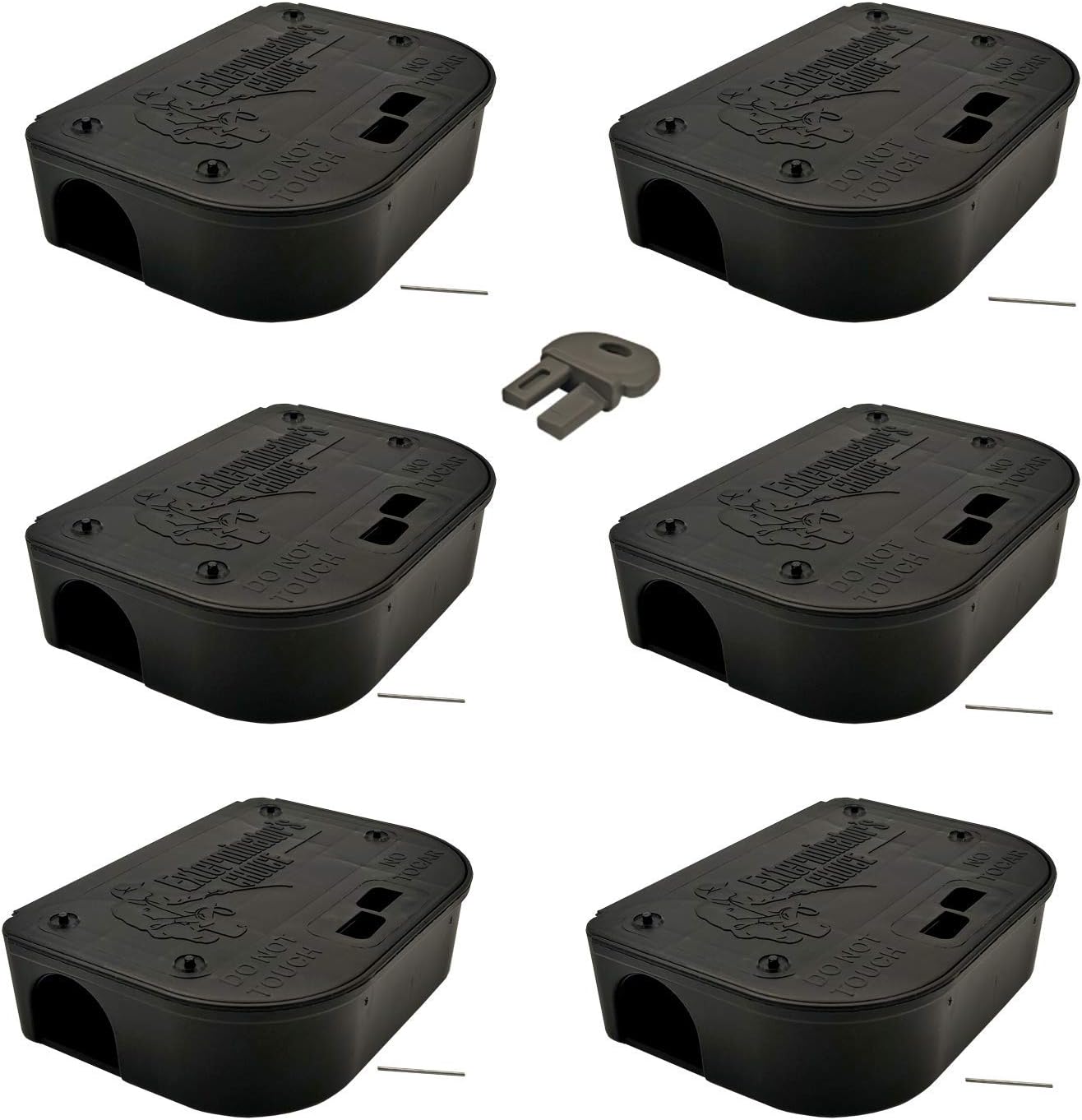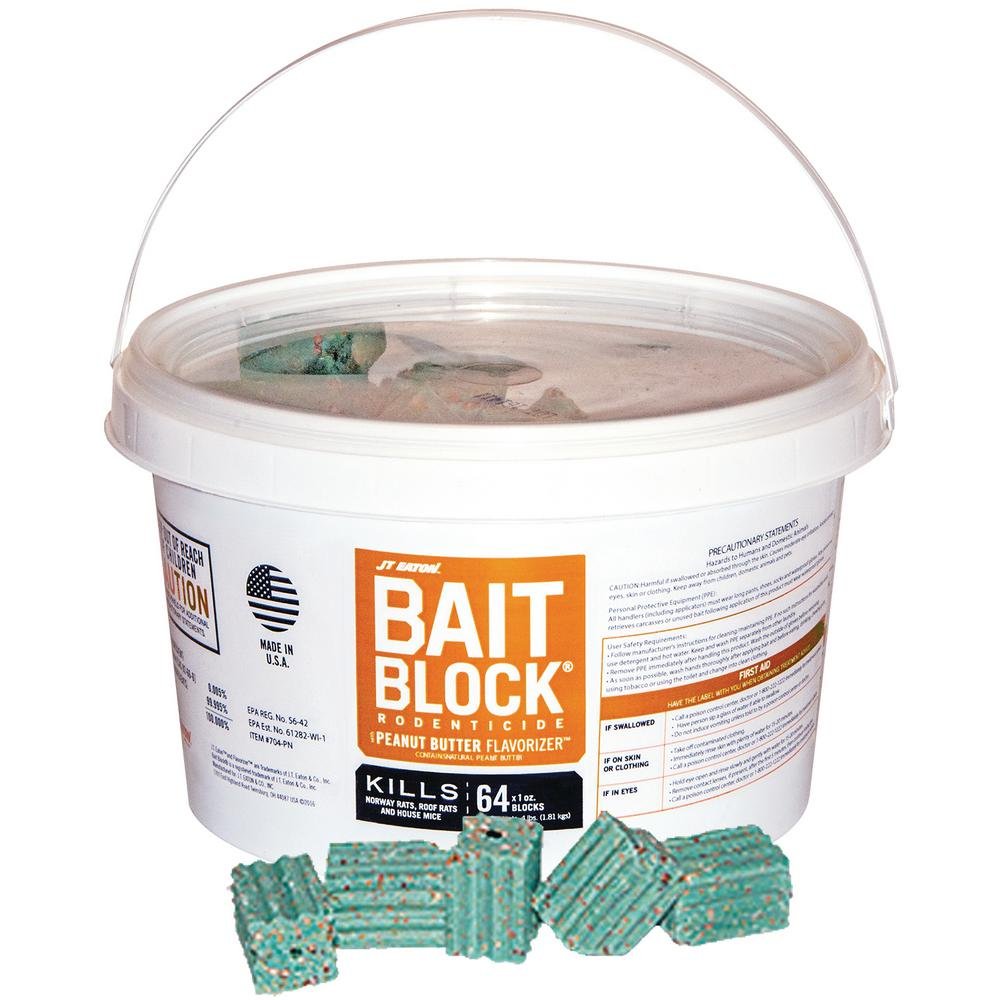Last Updated on July 31, 2022 by Griselda M.
Do Snakes Like Rubber Mulch? If you are considering using rubber mulch in your garden you might wonder if snakes like rubber mulch and if it’s going to attract them to your garden.
Rubber mulch is a great option for gardeners who want to create a natural-looking, weed-free, low-maintenance area in their garden. However, there have been reports of snakes being attracted to the mulch and becoming ensnared in the sticky material.
In this article, we will look at the benefits of using rubber mulch and see if rubber mulch attracts snakes.
What is Rubber Mulch?
More often than not, rubber mulch refers to that product made by removing the metal belts from vehicle tyres and then milling the left over rubber into pieces. Hence it is a recycled mixed rubber product made from whatever tyres ended up in the system.
What Makes Rubber Mulch So Great? Do Snakes Like Rubber Mulch?
Rubber mulch is an effective soil cover for certain applications. A few positives include:
It is cheap, long-lasting, weed-free, and doesn’t require much maintenance. Rubber mulch is durable. It lasts for years in most conditions, including wet and dry climates. Rubber mulch can be used in places where plant growth is not wanted – such as the edge of paths, around patios and under playground equipment.
Rubber mulch is made from recycled tires. It has no fertiliser value – at all. In has no real contribution to make to the natural environment in any way actually. But it is a barrier to weeds.
Mixed reports suggest that it may either be safe, or slightly toxic. I would tend to think that some of the chemicals in rubber would degrade into toxic compounds with time. Given the large number of different patented formulae used in the tyre industry, there are tens of thousands of different chemicals in any given load of tyres that are recycles – some of these will naturally be toxic. Hence I would never conclude on low toxicity.
Rubber has no nutrient content, and also no real ability to retain water – hence, a thick surface rubber mulch will tend to inhibit weed growth.
You can place rubber mulch on a variety of different surfaces. It also works well in pots, containers, and flower beds as weed suppressive layer.
Rubber mulch is also apparent a great insulator and can keep soil around plants with heat sensitive roots at a few degrees lower than other mulches apparently. I cannot actually fathom how this is true as dark colours absorb heat, and my experience of touching a car tyre left in the sun is that it was a lot warmer than a pile of leaves near-bye. There is a lot of rubbish on the internet that is perpetuated by authors who just read other peoples poor thinking and duplicate it.
For the moment it is considered safe for people, pets, birds, bees, and fish. It can be used on roadsides, pathways, and sidewalks.
Rubber mulch can be used in areas that don’t get much sun. It can also be used in areas where you want to protect your soil from erosion. It can be used to prevent erosion and build up the soil.
It is eco-friendly. Rubber mulch is recyclable. It is made from recycled tires which means that it will help reduce the amount of waste in landfills. It also helps save energy and money.
Click Here For Info about:
Do Snakes Like Rubber Mulch?
There are a huge number of different species of snakes on the planet and trying to make some overall generalisation about whether they do, or do not like rubber mulch is a bit of a stretch. Snakes are predators – and are drawn to an area looking for either food or a place to hide. Small snakes such as slug eaters and mole snakes will easily hide in rubber mulch and are of little threat. However, larger snakes that need a bit of heat to warm them up could be attracted to the surface temperature of a rubber mulch.
If you see a snake in your garden then it is important to know if it is a poisonous or non-poisonous snake. If you are not sure which type of snake it is then you should contact your local reptile rescue centre or a snake specialist for advice. In my garden I know the friendly snakes, and the ones that get rescued and the ones that get shot. You do not mess with poisonous snakes.
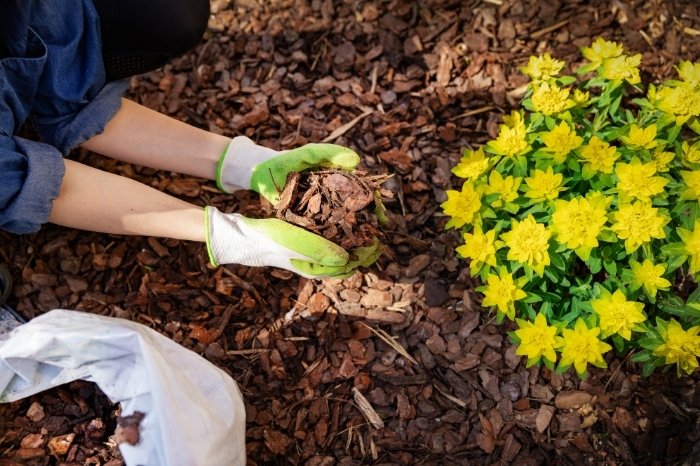
How Do I Protect My Garden From Snakes?
Snakes are predators. Some species of snakes specialise in eating slugs, snails and small insects. Do not worry yourself about these – they are more scared of you than you should be of them. Just bang your feet as you walk in your garden and you will probably see these once a decade if you are lucky.
The snakes I worry about are they ones that eat rats, mice and so on. These tend to be bigger – and many can be poisonous. You cannot garden effectively if your garden has rats and mice, so these should be eliminated. If you have no rats and mice, then you have no resident food source for snakes and they will tend to come have a look around and leave.
Rats and mice can be controlled using live traps. Do not go and be misguided and release the rodents you trap somewhere else – they are a pest – either kill them, or give them to somebody who has pet snakes.
If you do need to put out a poison (we have to do this for big infestations) use bait stations such as these.
This will help keep the poison out of your pets and kids and so on. You can use a bait such as this one. The problem with these baits is they can inadvertently poison cats and owls. If I have problems with rats and mice I try to put bait out during periods of really inclement weather. If there is a week of bad weather predicted, put the bait out two days before and this apparently can reduce the risk to your resident predators.
If you see a snake in your garden, contact your local wildlife control service immediately. They may be able to provide you with some snake repellent, but if you are bitten by a poisonous snake, it’s important to contact your doctor or a local poison control centre immediately. Somewhat counterintuitively, the best thing to do immediately after getting bitten by a snake is to photograph the snake, or kill it. Take it to the hospital and they will then at least know which anti-venom to give you. This increases your chances of survival quite a bit.
In Conclusion – Do Snakes Like Rubber Mulch
Some snakes may, some may not. If you have rats and mice around, the chances are that you will find more snakes in your garden, and you will definitely see these snakes more easily if they are sunning themselves on the warm surface of some rubber mulch than if they are hiding in some leaves.
FAQ’s
What is the best mulch to deter snakes?
I personally do no think a mulch is a good idea to deter snakes. I grew up around people who study snakes and have helped in collecting them. There are a lot of different snakes on this planet, each is unique and each has its own set of rules. Mulch is not one of the things we need to think about employing to deter snakes. Rather get rid of rats and mice. That is a wise first step.
What are the disadvantages of rubber mulch?
Rubber mulch is made from recycled tyres. These degrade further with time leaching various chemicals. A cursory glance over the patent offices of the world will show you that a very large number of complex chemicals are added to tyres. Different tyres have different chemicals. Many of these are endocrine disruptors (hormone). If I had to choose between wood chips and rubber mulch, wood chips seems a more "natural" choice than pieces of old car tyres.
What can I use instead of mulch around the house?
Gravel. Gravel with a geotextile of some sort underneath it is effective for weed control and still allows water to get to the soil below.
Is rubber mulch safe for vegetable gardens?
I would think twice about this. The car tyre industry is a big industry, and will naturally fund research to show that car tyres are "safe". If you burn a car tyre as a fuel in a barbecue and cook your food on it, the results will not be ideal for your health. This is less so for wood. If I was growing food (which I do) the last thing I would want to do would be to put synthetic plastic polymers that are of unknown origin into my soil. Best avoid. Use wood chips.
Caroline is a gardener who loves to get down to the nitty–gritty of gardening. She proudly proclaims herself as a ‘dirt worshipper‘ and can often be found deep in the garden, covered in soil and singing to her plants. As a self–proclaimed ‘plant whisperer‘, Caroline believes that plants need love and attention just like any other living thing, and she loves to give them both. When she‘s not tending to her garden, you can often find her researching the latest gardening trends, or teaching others how to make their gardens thrive

